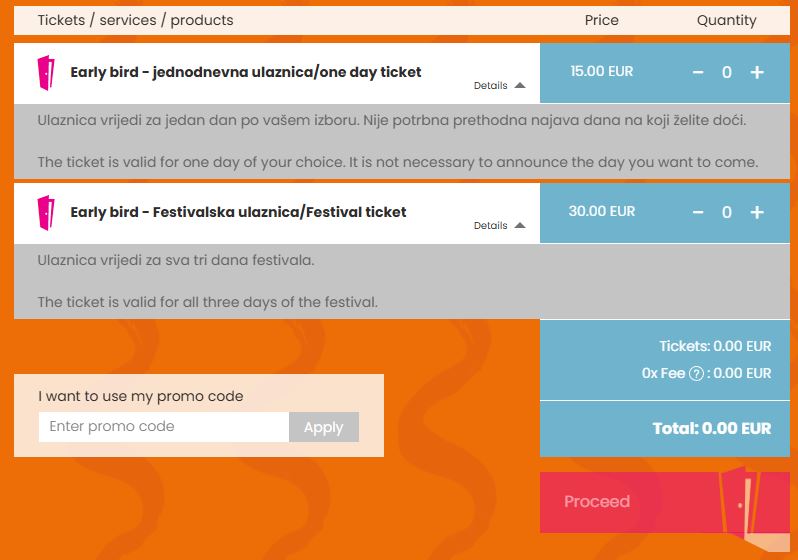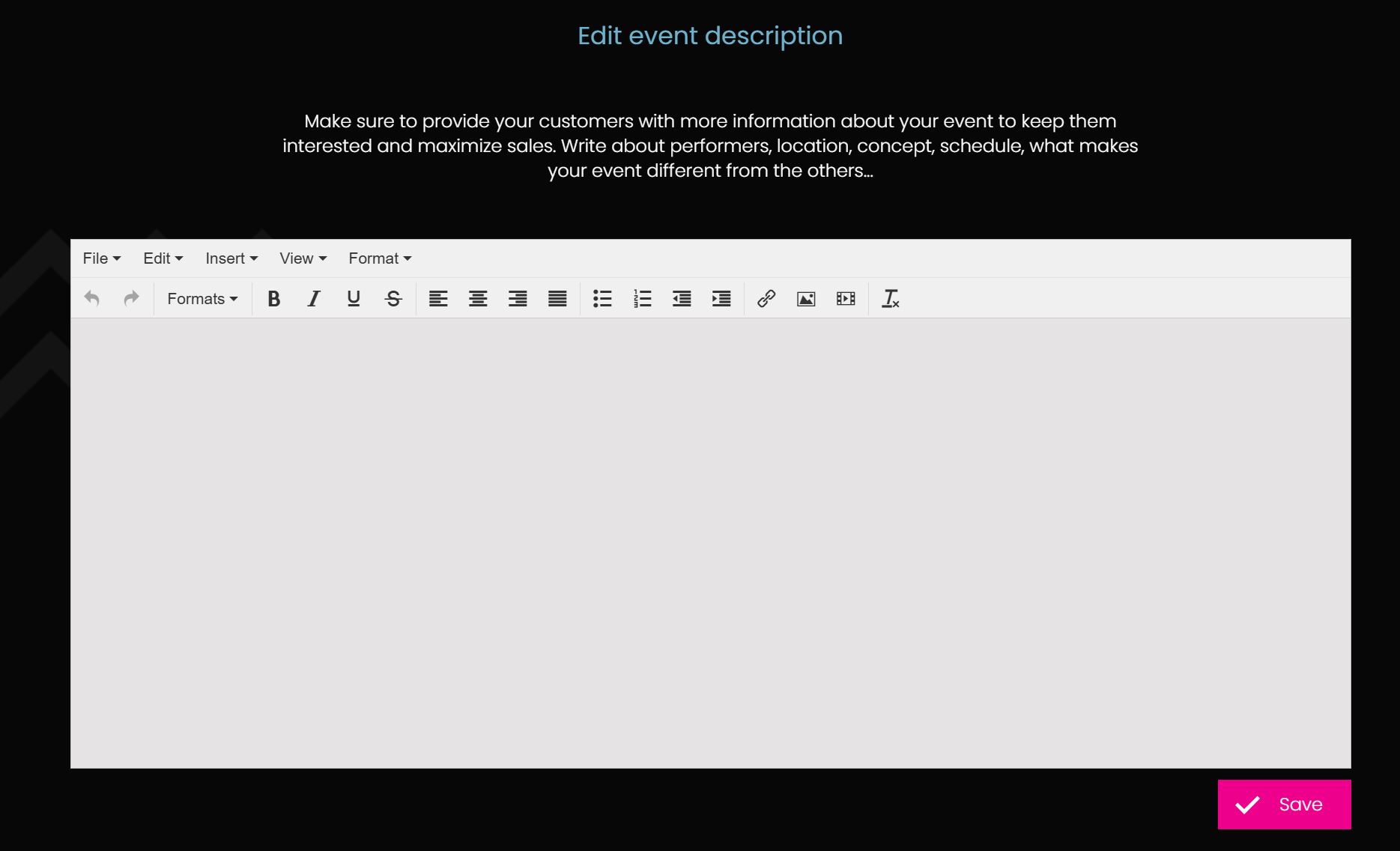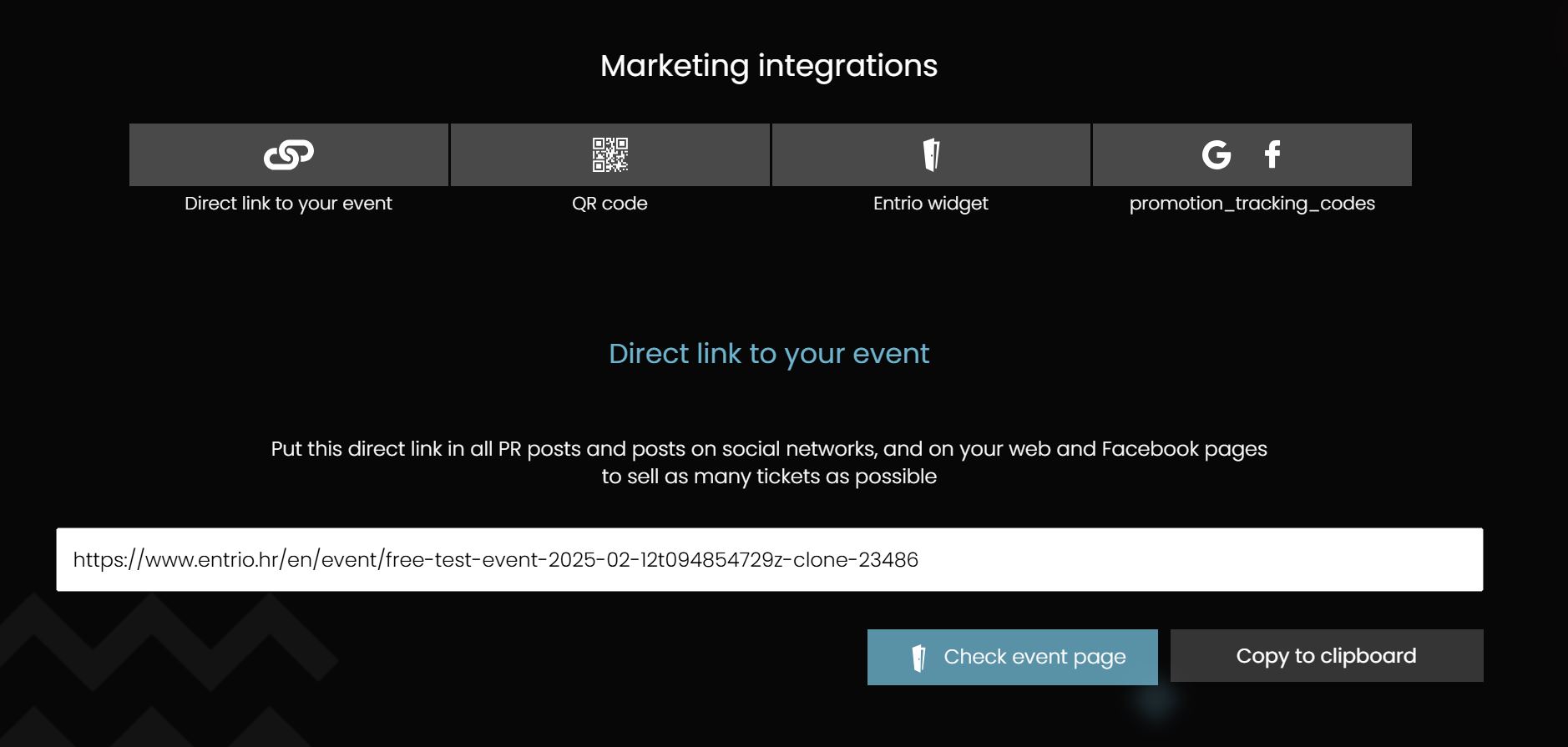You’re hanging out with your friends. Suddenly, you’ve got a fantastic idea. You’re going to organize an event! Your own event! It’s exciting, it’s new, and obviously, there’s good money …
Reading time:
You’re hanging out with your friends. Suddenly, you’ve got a fantastic idea. You’re going to organize an event! Your own event! It’s exciting, it’s new, and obviously, there’s good money to be made in the event industry. That’s it, you’re doing it!
We know that organizing your first event can be an adrenaline rush, but it can also be a source of adrenaline’s not-so-fun cousin – cortisol, the stress hormone. Every organizer wants things to run smoothly, for tickets to sell like hotcakes, and for attendees to remember the event for years to come. But reality is a bit different – from setting ticket prices and picking the right date to marketing and logistics, challenges lurk at every turn.
One of the biggest misconceptions among first-time organizers is that making money in the event industry is easy. The truth is, every successful event requires careful planning, investment, and a lot of effort. Not to scare you, but without proper preparation, your event could quickly turn into a financial disaster.
Don’t worry – with the right approach, your event can be a great success! We spoke with Entrio experts who have years of experience working with event organizers and know all the pitfalls that beginners tend to fall into.
Here’s what they had to say!
Step One: Budget and Ticket Pricing When Organizing an Event
We spoke with Timotej Perčič, a project manager with years of experience in the field.
His first piece of advice for new organizers is to make a clear list of expenses and expected revenue.
You need to calculate how much your artist costs, how much your venue costs, and how much production costs. Add everything up and adjust your ticket prices accordingly.

When asked about common mistakes new organizers make, he listed a few frequent missteps:
The most common issues are overpriced tickets and too much of the same content. Organizers often fail to research the competition, and then suddenly, you have five events happening at the same time, all fighting for the same audience. You also need to be mindful of the date—if it’s around Valentine’s Day when people tend to spend more, maybe that’s not the best time for a major event.
Step Two: The Power of Promotion
Timotej was the first of our experts to emphasize the importance of event promotion, but certainly not the last.
Promotion is crucial because customers won’t flock to your event on their own amidst the flood of daily information—they need to be reached. At least until you’ve built a strong brand. Don’t be afraid to invest in promotion. Great visuals are key—something that grabs attention instantly and sparks curiosity. A well-crafted event description is also a must.
And when it comes to the financial expectations of first-time organizers?
Don’t expect too much from your first event. The first event is about building your name and reputation, and if you break even, that should be considered a success. Breaking even is a good thing. Keep working, keep putting in the effort, and bring in interesting artists—even if they are smaller, up-and-coming bands. Nobody wants to see the same 80’s band for the 700th time.
Step Three: Setting the Right Ticket Price
Admir Sinani, our Sales & Account Lead, expanded on the importance of pricing.
The key to success is getting the ticket price right. Start with a lower price, whether you call it early bird or promo pricing—it’s all about testing demand. If you were planning a final price of 12 euros, start with early bird pricing at 8 or 10. If tickets start selling fast, you can mark that category as sold out and move on to the next pricing tier. If sales are slow, then maybe your price isn’t as appealing as you thought.

Step Four: Event Description Matters
Marijana Oštrić, a project manager with extensive experience in events ranging from small club nights to international festivals, emphasized the importance of a well-crafted event description.
The event page needs to be filled with all key details. This helps both customer support and your buyers. The description should clearly explain what the event is about, especially if it’s a niche party with lesser-known DJs. List the genres, previous venues where the DJs have performed, and include relevant links. Also, specify if entry is free for people with disabilities or children—any additional information that could be useful.

And description of ticket categories?
If there are different ticket types—VIP, early bird—each category should have a clear description. Does the VIP ticket include a table? Drinks? Buyers need to know.
One mistake that organizers often make? Forgetting to include contact information!
Always, always list the organizer’s contact details, even just an email address. We, as a ticketing platform, don’t have all the answers—we’re just the middlemen. Buyers need someone they can reach out to, so the event appears open and transparent.
Step Five: The Business Side of Events
Elena Ružić, another project manager, highlighted a critical financial aspect that first-time organizers overlook: VAT.
Those just getting into event organizing often have questions about VAT rates. They should discuss this with their tax advisors well in advance to avoid surprises. If an organizer runs a small business that’s not in the VAT system, the rate is zero. But those who are in the system must consult tax professionals, as VAT regulations vary depending on the type of event.
Step Six: Marketing Should Not Be an Afterthought
When it comes to marketing, Zrinka Bockovac, our marketing manager, had some strong opinions.
No matter how small an organizer feels, they must have a basic business plan, because every marketing activity should be drawn from financial and strategic planning. You need a vision, a cost breakdown, and an idea of your expected revenue.
And how much should be allocated to marketing?
There are some general rules—at least 10% of revenue should go to marketing, ideally 15% or more. Many beginners operate as a ‘one-man show’ doing everything themselves, but without a budget for testing and campaigns, it’s hard to guarantee ticket sales.

And finally, timing is everything.
Marketing isn’t a last-minute fix for an event that isn’t selling well. It should be integrated from the very beginning—before, during, and even after the event.
Final Thoughts: Key Takeaways for Your First Event
Organizing your first event is no easy task, but with proper planning, you can minimize the risks and increase your chances of success.
✅ Plan ahead – Don’t wing it. Calculate expenses, set a realistic ticket price, and allocate a budget for marketing.
✅ Price your tickets strategically – Use tiered pricing to test demand.
✅ Good promotion is everything – Digital channels are your best friend, but strong visuals and a clear event description are crucial.
✅ Start marketing early – Build excitement over time, don’t rely on last-minute fixes.
✅ Leave a lasting impression – Even if your first event doesn’t make a huge profit, a good reputation will keep audiences coming back.
And most importantly—learn from every event! Every decision you make now shapes your future in the event industry. If you set a solid foundation from the start, each event will be easier, bigger, and better!
Author: Franjo Opačak
